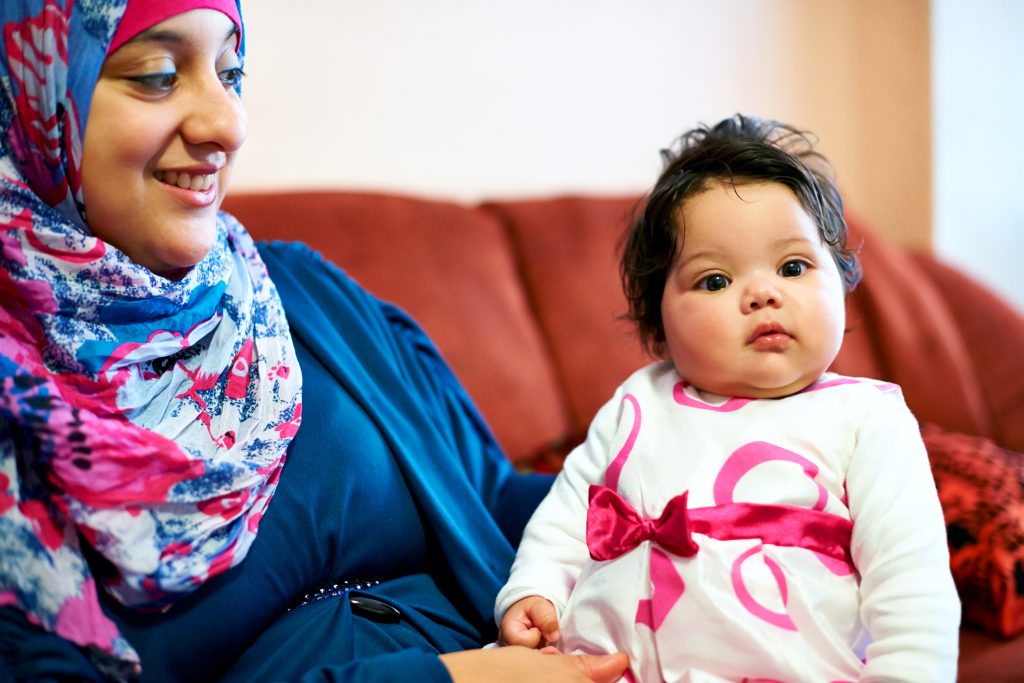Evaluation
i. using the REPLACE Community Readiness to Change Model to assess a community’s stage of readiness to end FGM or other harmful practices at the outset of working with them. This is then repeated after intervention delivery and can be repeated again at later dates to continue to assess shifts at the community level.
ii. Focus groups with community members to gather in depth information concerning their thinking and beliefs. These would be carried out before as well as after interventions where possible to get a richer feel for the nature of the changes within communities.
iii. Questionnaires conducted before and after interventions with those who have participated. These included numerical rating scales to assess things like specific beliefs and open-ended qualitative response items to gain valuable information about the nature of any individual behaviour changes.
iv. Records of the instances of intervention activities, such as the number of community events that are held and the number of people who attended. Over time it might be possible to show increasing engagement and participation in activities designed to end FGM and other harmful practices by community members and if this is the case then there is evidence of community development and change.






